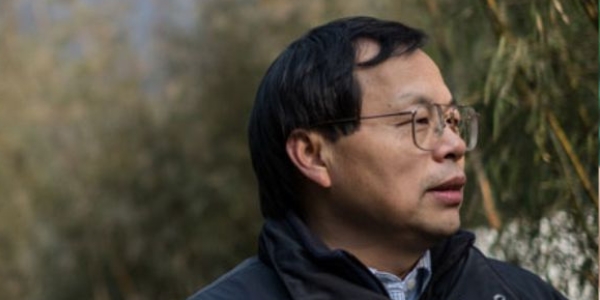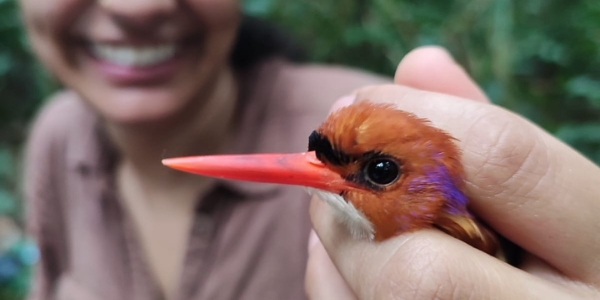Food crisis: How far did the ripples of the Russia-Ukraine war reach?
The Russia-Ukraine war, raging for nearly three years, has reverberated far beyond the battlefields. Known as Europe’s "breadbasket", Ukraine once supplied wheat, barley and oats to millions worldwide. But as croplands were destroyed and labourers forced to flee, the conflict disrupted global food systems, exposing the fragility of interconnected supply chains and sparking consequences that stretch across continents.
This war has amplified hunger in regions thousands of miles from Ukraine. Researchers at Michigan State University's Center for Systems Integration and Sustainability (CSIS) spearheaded an effort to unravel the complexities of this crisis.
By leveraging satellite imagery and employing the metacoupling framework — a method that examines connections within, between, and beyond regions — they quantified the war’s far-reaching impacts on food systems and biodiversity. "The most striking aspect of our research is its ability to connect a regional conflict to its far-reaching impacts on global food accessibility," said Nan Jia, a PhD student and lead author of the study.
According to the United Nations Food and Agriculture Organization, an additional 13 million people were undernourished in 2022 due to the war. Ukraine’s lost production of three key cereals in 2021— enough to feed 76 million adults for a year — underscores the gravity of the crisis.

Yet the brunt of these losses fell not on neighboring countries but on those thousands of kilometers away, particularly in Africa and poorer European nations. Nations like Sierra Leone, Somalia, and the Democratic Republic of Congo, along with Montenegro and Belarus, were especially hard-hit, facing skyrocketing food prices and limited options to secure alternative supplies.
“It's remarkable how interconnected our world is — an event in one part of the globe can lead to food insecurity thousands of kilometers away,” noted EEB core faculty member Jianguo "Jack" Liu, Rachel Carson Chair in Sustainability and senior author of the study. The war didn’t just highlight vulnerabilities in food supply chains; it laid bare global inequities, with poorer nations disproportionately affected by soaring prices and reduced access to staples.
Amid the chaos, major exporting countries like the United States, Canada, and Australia attempted to fill the gaps left by Ukraine. This shift provided a glimmer of hope but also introduced new challenges. A parallel study published in Nature Sustainability revealed the ecological cost of these adjustments.
As global cropland expanded to meet demand, biodiversity suffered. The baseline scenario — a 33.57 per cent reduction in Ukraine's exports —resulted in 8.48 million hectares of cropland expansion worldwide
Countries such as the United States, Spain, France, India and Brazil bore the environmental burden, facing significant biodiversity losses as natural habitats were converted into farmland.
The situation worsened with the cessation of Russia’s participation in the Black Sea Grain Initiative, a key agreement facilitating grain exports. Without this initiative, cropland expansion and biodiversity loss doubled compared to the baseline.
In a worst-case scenario — no exports from either Russia or Ukraine — cropland expansion increased nearly threefold, and biodiversity loss surged 4.5 times higher.
These findings underscore the cascading consequences of war. "By revealing the hidden vulnerabilities in global food systems, our study emphasises the need for international cooperation to ensure food security," Jia explained. The research calls for urgent action to implement the post-2020 Global Biodiversity Framework with an eye on mitigating the effects of geopolitical conflicts.
This crisis also offers lessons for the future. Strengthening local production in vulnerable regions, fostering resilient food networks, and promoting sustainable agricultural practices can help reduce reliance on global supply chains. Policies that prioritise equitable access to resources and protect biodiversity are essential to navigating such challenges.
As the war in Ukraine continues, its ripple effects serve as a stark reminder of how interconnected — and vulnerable — our world has become. In the words of Liu, “An event in one corner of the world can reshape lives and landscapes far beyond.”



